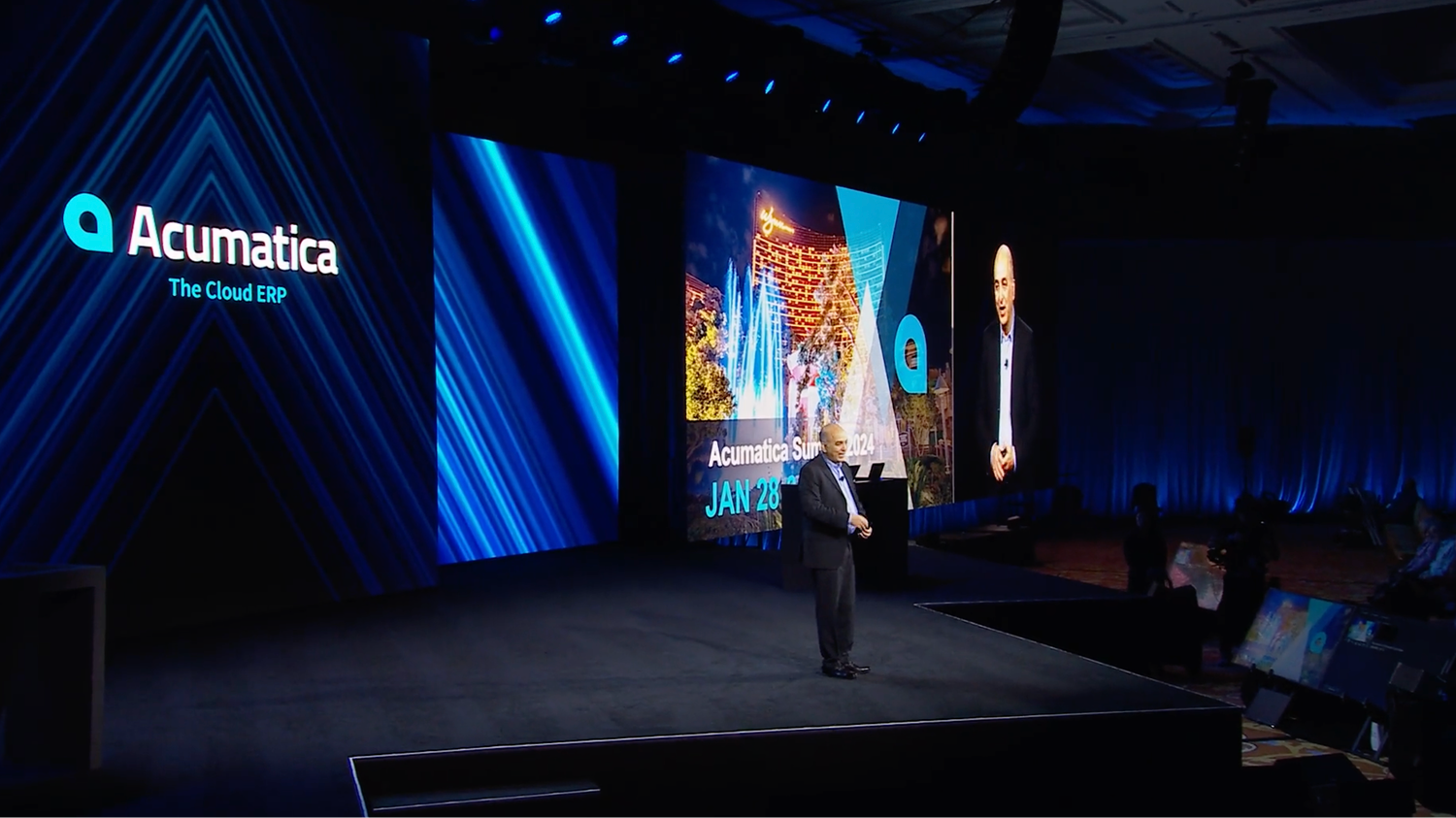As Y2K and the new millennium loomed, scientists, commentators and futurists started looking to the 2000s as a time of rapid change.
Thanks to the tech revolution, many of the predictions in 1999 – most notably the idea that computers would become small and portable enough to take everywhere with us – have come to fruition.
But some of those visions of the 21st century are yet to materialise fully in reality.
One prediction from ’99 was that every home would get a so-called ‘smart box’, a lockable and refrigerated box outside every front door to allow post and perishable items to be stored after delivery.
Delivery lockers and pick-up points have become widespread, but the prediction failed to anticipate how quickly deliveries could be made, or how logistics firms would develop ways of chilling food during transit.
Before becoming one of the world’s best-known tech billionaires, Jeff Bezos predicted that computer chips would be in everything from dinner plates to clothing and even medicine packaging by the early 2000s.


He reckoned those systems would use the data they gathered to tell users how healthy their food is, or if two types of medicine can be mixed or not.
The Amazon founder also suggested computers would eventually become powerful enough to take on tasks for humans, and when speaking on the phone, people would not be able to tell if they were communicating with another person or a computer.
Bezos may well have predicted the rise of artificial intelligence which kickstarted in the 2020s, with deepfakes and other AI-generated content becoming more difficult to distinguish from reality.
Another common prediction from the turn of the century was that ‘computer glasses’ would be common by the early 2000s as electronic devices continued to shrink in size.
Google Glass didn’t really kick off, but computing devices built into glasses are almost certainly set to become more mainstream in 2025.
Meta’s Project Orion is expected to be previewed further, and Google has already confirmed it plans to unveil a new pair of smart glasses.
Away from gadgets, senior figures at Wired in 1999 accurately predicted another aspect of the tech sector of the 21st century – that regular lawsuits over issues such as intellectual property, patents and competition issues would become common.
As generative AI has taken off in recent years, lawsuits around copyrighted material being used to train AI models have become much more common.
Campaigners and smaller firms have been attempting to take legal action against the biggest tech firms over their alleged monopolisation of parts of the industry.
Those predictions were only made 26 years ago, so it might not be a huge surprise that many of those ideas have come to pass in the years since.
But what about ideas from a century ago?

Scientist and inventor Professor Archibald Montgomery Low wrote The Future in 1925, predicting ‘a day in the life of a man of the future’ – and his prophecies were dismissed by some as ‘ruthlessly imaginative’.
But doesn’t being woken by radio alarm clock; communications ‘by personal radio set’, breakfasting ‘with loudspeaker news and television glimpses of events’, and shopping by moving stairways and moving pavements sound familiar?
Not all of his ideas have come to pass in the last century – we’re not all wearing synthetic felt one-piece suits and hats, for example.
He also thought we would be using herbs to light the streets, communicating through electrical telepathy, and replacing cavalry with electrically-charged water.
But among his successes include ‘loudspeakers’ and ‘television machines’ replacing newspapers, easy access to global broadcasting, ‘wind and tide are to be harnessed to the service of man’, and using secret cameras and listening devices to catch criminals.
Get in touch with our news team by emailing us at [email protected].
For more stories like this, check our news page.
MORE: Emmerdale trailer reveals 2025 teasers as village life is shattered forever
MORE: How to watch the London fireworks on TV for New Year as 2025 arrives
MORE: Edinburgh’s iconic Hogmanay celebration axed over severe weather








